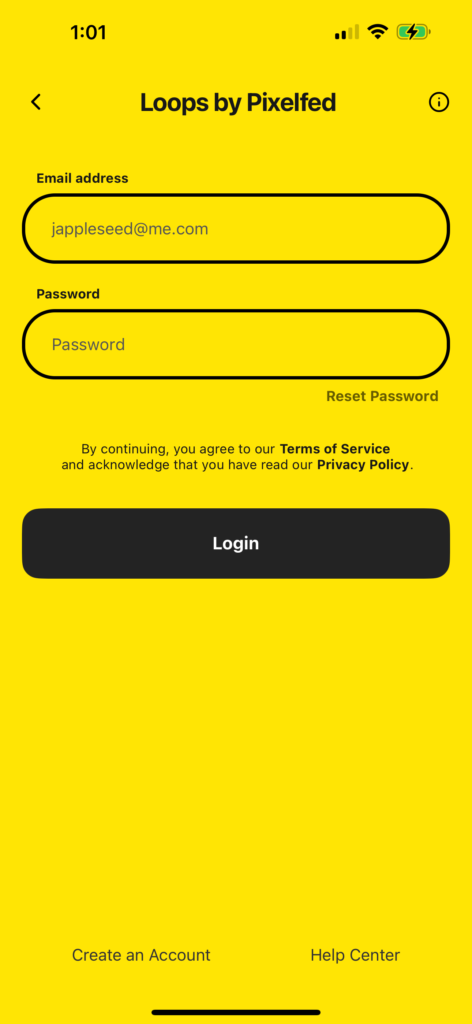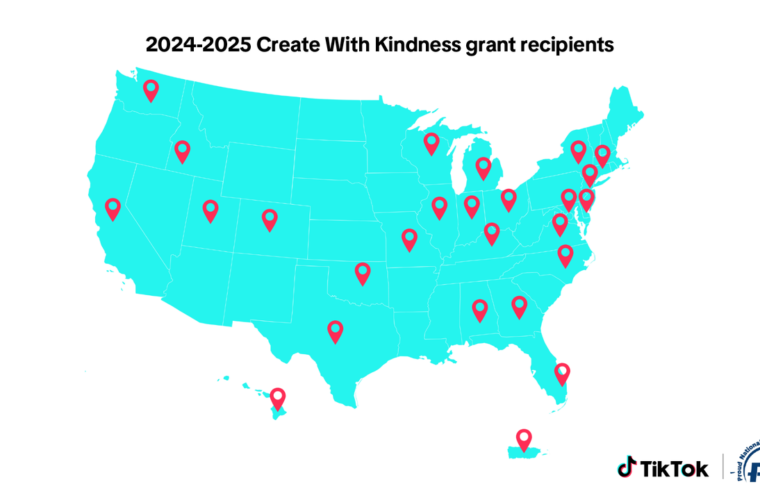TikTok: Earlier generations of social media platforms, such as Facebook, appeared to focus on transferring users’ real-life networks into the online sphere. While they facilitated seamless communication between offline and online interactions, many users raised concerns about privacy protection, data security, and systemic regulations or changes beyond their control. This backdrop led to several decentralised social media apps that grant users greater authority. Decentralised apps enable users to utilise their servers for enhanced security; Mastodon is a prime example. Most of these apps are open source, meaning that developers publicly share how their software frameworks are constructed, promoting transparency.
In addition to popular alternatives to well-known corporate-owned social media apps, such as X rival Bluesky and Instagram rival Pixelfed, a new short-form video platform is set to launch in the near future — Loops.
What is Loops?
Loops, as the name suggests, is a video app where users can play videos of less than a minute on repeat, much like TikTok. Developed by Pixelfed’s founder, Daniel Supernault, the software is currently accepting registrations from those interested in gaining early access to the platform.
Many features of Loops appear very similar to those of other short-form video streaming platforms. Users with an account can upload videos of up to 60 seconds in length. Upon opening the app, users are greeted with a 16:9 vertically filmed video that fills the entire screen. To navigate to another video, they can swipe the screen up or down.
The developer’s posts on Mastodon indicate that users will be able to use sound bites and segments sourced from other videos. Loops will also allow users to pin certain uploads to their profiles and “curate” the comment sections as they wish. Given that Pixelfed enables users to optionally disable comments, Loops may incorporate similar features. As of the current version, Loops includes a video categorisation feature but does not yet support hashtags or mentions of other accounts.
While most users can upload a video, leave a like or comment, and share via our links on Loops without any delay, those with low trust scores will have to queue for moderation when uploading videos. These content moderators are likely to be humans.

How is it different from other platforms similar to TikTok?
Compared to its existing competitors, Loops’ strength lies in users’ freedom to control their servers, as it positions itself as a decentralised app. There also appears to be potential for Loops to enter the fediverse.
The fediverse is an open social web, or federation, that interconnects various apps and currently boasts more than 11 million users, with 1 million active monthly users. By using the ActivityPub protocol, apps within the fediverse can leave comments, follow users, and engage in other interactive activities across different social media platforms using a remote account.
Supernault has already adopted this protocol for his previous decentralised app, Pixelfed. According to Loops’ Q&A page, Loops is being integrated into the diverse and will soon be open-sourced to ensure sustainable operation.
Another distinguishing feature of Loops is its funding. The sources for this app’s foundation do not include tech giants or accelerators. Loops state that it is in the process of securing a grant that will ensure the team’s year-long development. It also receives donations via Patreon, Open Collective, and Liberapay.
Loops aim to address some of the cybersecurity challenges currently faced by several mainstream social media networks. For example, Loops states that it does not intend to sell users’ data to third parties or advertisers. Users on other platforms have echoed this concern, particularly in light of the rise of customised advertising. On Loops, users are less likely to encounter advertisement-focused posts or recommended uploads of items they have browsed on other websites.
The platform also plans not to use posts uploaded by users to train artificial intelligence (AI). The use of user data for AI training has become a significant concern recently, particularly since X changed its terms of service, stating that users grant the company a licence to use their posted content to train machine-learning models.



